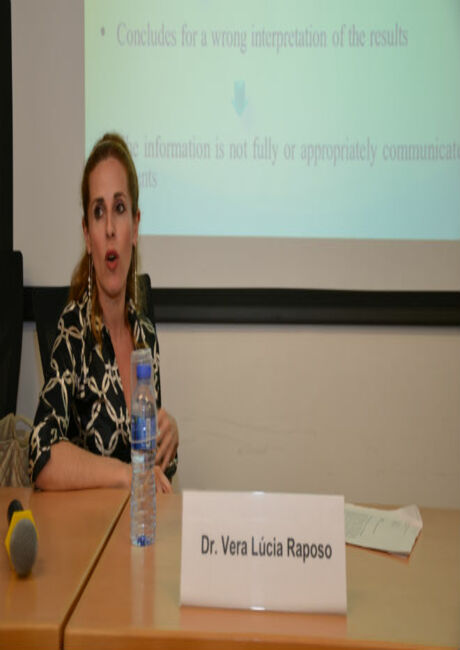Speaker(s):
Dr. Vera Lúcia Raposo, Assistant Professor, Faculty of Law, University of Macau
Abstract:
With modern techniques of pre-natal diagnosis it is possible to predict and detect some maladies before birth and even before conception. However, parents are not always correctly informed of the results of these exams. This lack of information may prevent mothers from exercising reproductive self-determination and may impose on the child living conditions excessively burdensome for a dignified existence.
This presentation will deal with actions brought against doctors and/or hospitals by parents in their own names for “wrongful birth” or on behalf of children for “wrongful life,” arising from such incidents resulting from insufficient or incorrect information.
Since prenatal diagnoses are not always scientifically reliable, in what circumstances is it possible to identify illicit behaviour on the part of doctors? What is the expected behaviour from health professionals in such circumstances, according with leges artis, in order to increase the patient’s safety? Do doctors have duties only to parents or also to protect the unborn? Have the child and the parents suffered real damages caused by the medical team? If so, what kinds of damages may be compensated under the law?
These questions are not merely legal, but ethical and even moral: are we attempting merely to reduce human pain, or does prenatal testing implicate eugenics? Is existence always of value or must we also demand a qualitative dimension to the “right to life?” Do such legal actions represent unjustified caprice in search of utopic perfect human beings or a meaningful debate over patient safety?


